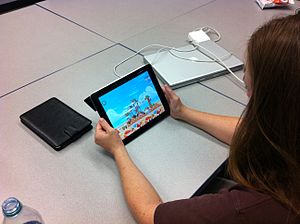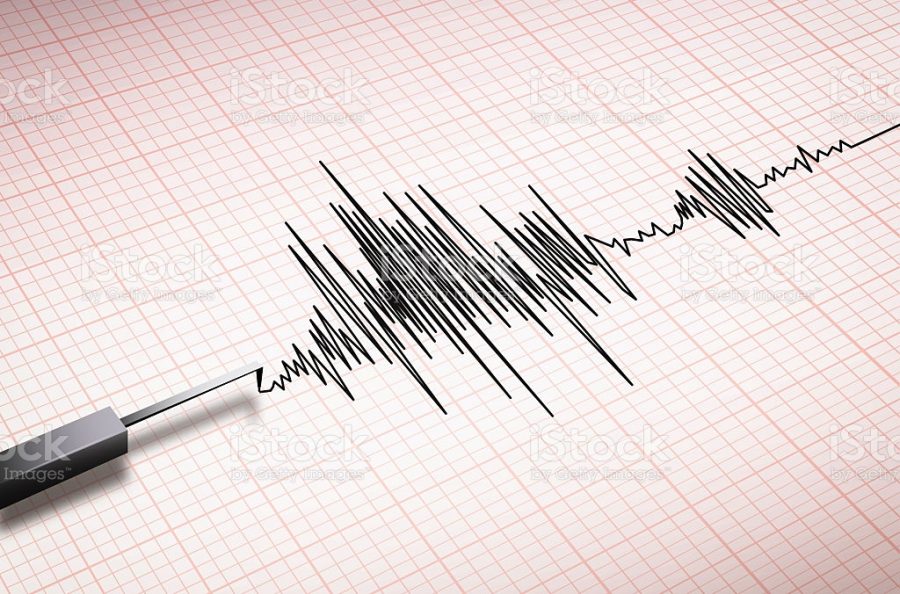Technology is influencing every single facet of our lives. Smart-phones that keep us connected 24/7, TVs that are bigger and more advanced than anything we’ve ever seen and tablets that connect us to the internet anywhere and anytime are just the tip of the technology iceberg.
Part of this iceberg has reached the very schools where our children are being educated. Electronic whiteboards, iPads and other technological marvels have already made quite an impact on education, begging the question of whether our children are better off for this fact and, more importantly, whether we should increase the amount of technology that we use in the classroom or possibly back off from it.

It’s an important question to be sure and educators as well as school administrators from around the country have all started chiming in with their opinions. There hasn’t exactly been a line drawn in the sand just yet but there are as many critics as fans of the change.
As to the question of whether more technology should be added in schools the more important question, in many people’s opinion, is whether the technology has actually improved our educational system and if so what results are being seen. School marketing specialists Grebot Donnelly have been discussing technology in schools with us.
Many teachers are all for the new technologies that are being used because, as they see it, tech like whiteboards make learning a more interactive and enjoyable experience for their students. Many argue that children are more interested in learning with, for example, an iPad just because iPads are so amazing to use and can make learning less ‘boring’. The way they see it, anything that will make kids actually want to learn is good in their book.
Detractors of educational technology argue that said technology only makes it easier on the teachers and doesn’t add any value to the learning experience. Like TVs at home tablets in school only help to ‘babysit’ students, not teach them. They point to the United States’ relatively low world standing education-wise as proof of their argument.
Both sides have their merit but the simple fact is that we are a technological society. The children we are teaching today will graduate to college where technology is even more abundant and then to the working world that is literally awash in it. If they are to be able to keep up with our technologically driven world they will need as much of a head-start as possible and thus starting them in elementary and high school is the only viable answer.
No matter which side of the fence that you’re on more technology is coming. Hopefully it will be put to the best use possible and help our children to be the best that they can be.
Related articles







 What is a Virtual School?
What is a Virtual School? iPads invade an Idaho elementary school, replace all textbooks
iPads invade an Idaho elementary school, replace all textbooks Education is changing as tablet companies battle to get a piece of the classroom action
Education is changing as tablet companies battle to get a piece of the classroom action



















Leave a Reply